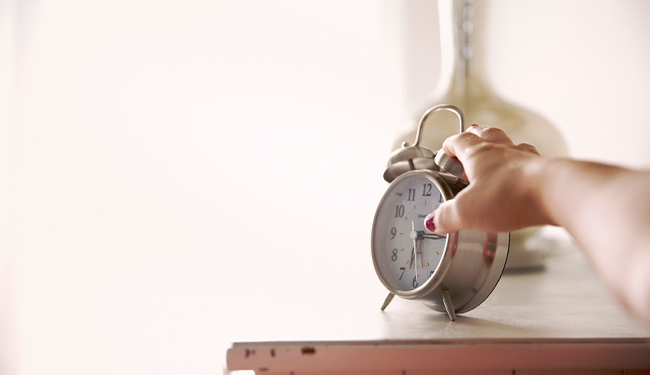Anyone else having trouble with getting restful sleep? Or even enough sleep during this season? I see lots of posts on social media asking the same question: “Is anyone else having trouble sleeping?”
On one hand, it seems like we should all be getting more rest and have more time for sleep, yet when we put our heads on our pillows sleep evades us. Some of us just can’t seem to get to sleep. While others wake up during the night and can’t fall back to sleep. My problem is that I sleep but have vivid, intense dreams all night long so I wake up feeling like I barely slept at all.
So what is the problem?? Experts say that this pandemic and the resulting quarantine has created greater levels of stress and anxiety for many. This impacts our sleep in multiple ways, with increased or newly experienced insomnia and fragmented sleep. When someone can fall asleep easily but experiences many brief arousals through the night this is fragmented sleep.
Our brains process information while we sleep, so as we process the things that are causing us anxiety it causes increased wakefulness. So while I have been experiencing vivid dreams each night, it’s likely that I’m not actually having more dreams I’m just experiencing fragmented sleep.
How can I get better sleep? Experts say there are some tried and true methods that should help us all finally get some rest.
- Keep a regular wake and sleep schedule – While it is so tempting to sleep in when we don’t have somewhere we have to be, this sets us up for sleep issues. Set your alarm and try to not hit snooze. Wake up within 15 minutes of the same time each day and discipline yourself to get to bed at the same time each night. You will be training your mind and body that it is the appropriate time for sleep.
- Don’t spend more than 7-9 hours each night in bed – While you could sleep for 10 hours, adults really only need 8 hours of sleep a night for our bodies to feel rested. So as you set your sleep schedule, resist the desire to stay inmore than 9 hours.
- Avoid caffeine in the evening – Of course, we know this. Why not have a cup of coffee at 5 pm? This messes with our ability to fall asleep at our consistent time and sets us up again for disturbing our sleep schedule.
- No screen time 1-2 hours before bedtime – Most of us veg in the evenings by watching tv, catching up on emails, or scrolling through social media. We think it’s helping us relax but that isn’t what is happening to our minds. Instead, choose something that doesn’t involve a screen to wind down. Read a book, take a bath, listen to some music. Find something that is relaxing and enjoyable, but stay away from screens before bed for better sleep.
- Exercise daily – Even though we have more time at home, social distancing restrictions and increased responsibilities can make finding the time and opportunity for exercise challenging. You may have to get creative, but moving your body and increasing your heart rate for at least 20 minutes a day will help you sleep.
- Get outside – Even 15 minutes of natural light can have a positive impact on our mental and physical health. It provides Vitamin D and helps ward off seasonal depression. The result is also improved sleep and quality of sleep.
- Figure out what you need – Really this is another way of saying, spend some time on self-care. So many of the things we enjoyed doing – going to the gym, spending time with friends, eating out, traveling, going to a movie – we can’t do currently. This can leave us feeling mopey, lethargic, frustrated. So we need to figure out what we CAN do during this time to give ourselves a boost. Download a new book, facetime with a friend, enjoy a long bubble bath. Doing something for yourself isn’t selfish. It’s another needed step toward better sleep.
I know, these tips aren’t rocket science. You probably knew them before you read this, but sometimes we get so tired and a bit stuck, that we need to go back to the basics.
So which 2 of these tips can you implement this week to move toward better sleep and better overall health during this challenging time?
Read More:




